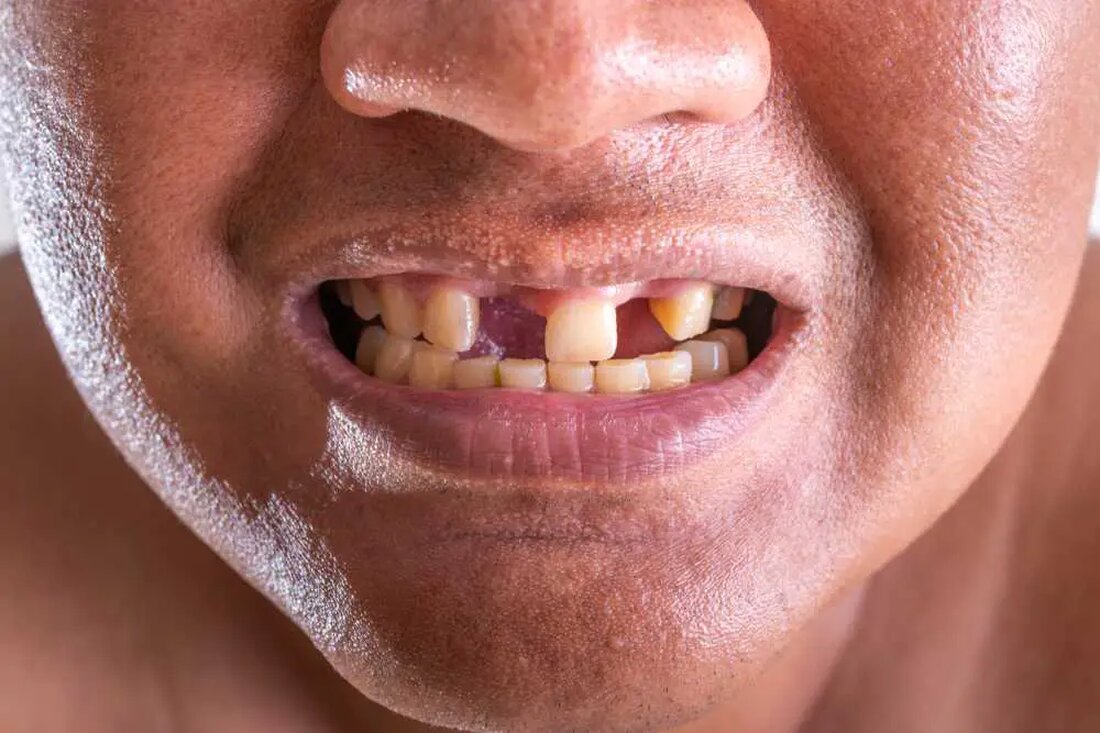Researchers have found a way to regrow teeth
The need for artificial teeth may become obsolete in the future as an antibody has been discovered that triggers the regrowth of missing teeth. This antibody blocks the function of a gene called USAG-1, increasing the presence of specific growth factors. Over time, this could offer people the opportunity to naturally grow brand new, sparkling teeth. In a study published in Science Advances, a group of scientists explain their successful experiment to induce tooth growth in genetically modified mice. These mice developed dental agenesis, a condition in which some teeth fail to develop. However, as pregnant mice of this line...

Researchers have found a way to regrow teeth
The need for artificial teeth may become obsolete in the future as an antibody has been discovered that triggers the regrowth of missing teeth. This antibody blocks the function of a gene called USAG-1, increasing the presence of specific growth factors. Over time, this could offer people the opportunity to naturally grow brand new, sparkling teeth.
In a study published in Science Advances, a group of scientists explain their successful experiment to induce tooth growth in genetically modified mice. These mice developed dental agenesis, a condition in which some teeth fail to develop. However, when pregnant mice from this line were injected with the USAG-1 antibody, their offspring showed normal dental development. Remarkably, a single dose of the antibody even triggered the growth of an entirely new tooth in normal mice.
The researchers chose to focus on the USAG-1 gene because it is known to suppress two signaling molecules, BMP and Wnt, that are crucial for tooth development. However, these molecules also regulate the growth of numerous other organs, so any disruption can lead to serious side effects.
During the research, the team examined a series of monoclonal antibodies that alter the interaction between USAG-1, BMP and Wnt. Some of these caused severe birth defects, but they eventually identified a specific antibody that blocked the gene's association with BMP without affecting Wnt.
This discovery allowed them to trigger tooth growth without any adverse side effects. The researchers concluded that USAG-1 hinders tooth growth by binding to BMP and reducing its activity.
Study author Katsu Takahashi said in a statement, "We knew that suppressing USAG-1 promotes tooth growth." But we didn’t know if it would be enough.” The team's results suggest that inhibiting gene activity allows a sufficient increase in BMP to stimulate the growth of new teeth.
While this method is far from suitable for human testing, the scientists tested the antibody on ferrets, whose teeth patterns resemble those of humans. They are also diphyodont, meaning they have baby teeth that are later replaced by adult teeth.
The results showed that the treatment was equally effective in ferrets, with a single injection of the antibody resulting in the creation of an entirely new tooth. This implies that the method could potentially work in humans, although safety concerns must be considered before such tests can be carried out. For now, the researchers want to repeat the experiment on other mammals such as pigs and dogs.
The research team is optimistic that their groundbreaking work with the USAG-1 antibody could lay the foundation for future dental treatments, particularly for those suffering from tooth loss due to age or disease. However, they emphasize that the path to human trials is not easy and will require a variety of additional steps.
The greatest concern is the complexity of using this technique safely and effectively in humans. Although successful in mice and ferrets, it is critical to determine whether the same method can be used in larger mammals such as pigs and dogs without causing undesirable side effects. These larger mammals are physiologically closer to humans, making them more representative models for such studies.
Researchers also need to further study the possible long-term effects of inhibiting the USAG-1 gene. Because of its role in regulating the growth of other organs, it could have unforeseen consequences not yet apparent in the short-term studies.
At the same time, the team will investigate ways to refine and control the use of the USAG-1 antibody. The goal is to ensure that the growth of an individual tooth can be stimulated in a targeted and long-term manner without affecting neighboring teeth or tissue.
The researchers hope to collaborate with dentists and geneticists in the future to delve deeper into the impact of this research on human health. In doing so, they hope to bring us one step closer to a world where tooth loss can be remedied by simply encouraging the body to grow a new tooth, making dentures a thing of the past.
This study undoubtedly represents a significant advance in tooth regeneration research. However, it is clear that there is still much work to be done before we can fully understand the potential of this innovative approach.
Looking for more in-depth information on natural oral health remedies?
>>Check out my FREE eBook”THE ULTIMATE GUIDE TO NATURAL DENTAL HEALTH SOLUTIONS”<<
Gut feeling: The surprising ways and...
Please enable JavaScript
Gut feeling: The surprising effects of antibiotics on your microbiome
If you're concerned about receding gums or want to take preventive action, try some of these natural remedies!
Sources:

 Suche
Suche
 Mein Konto
Mein Konto
